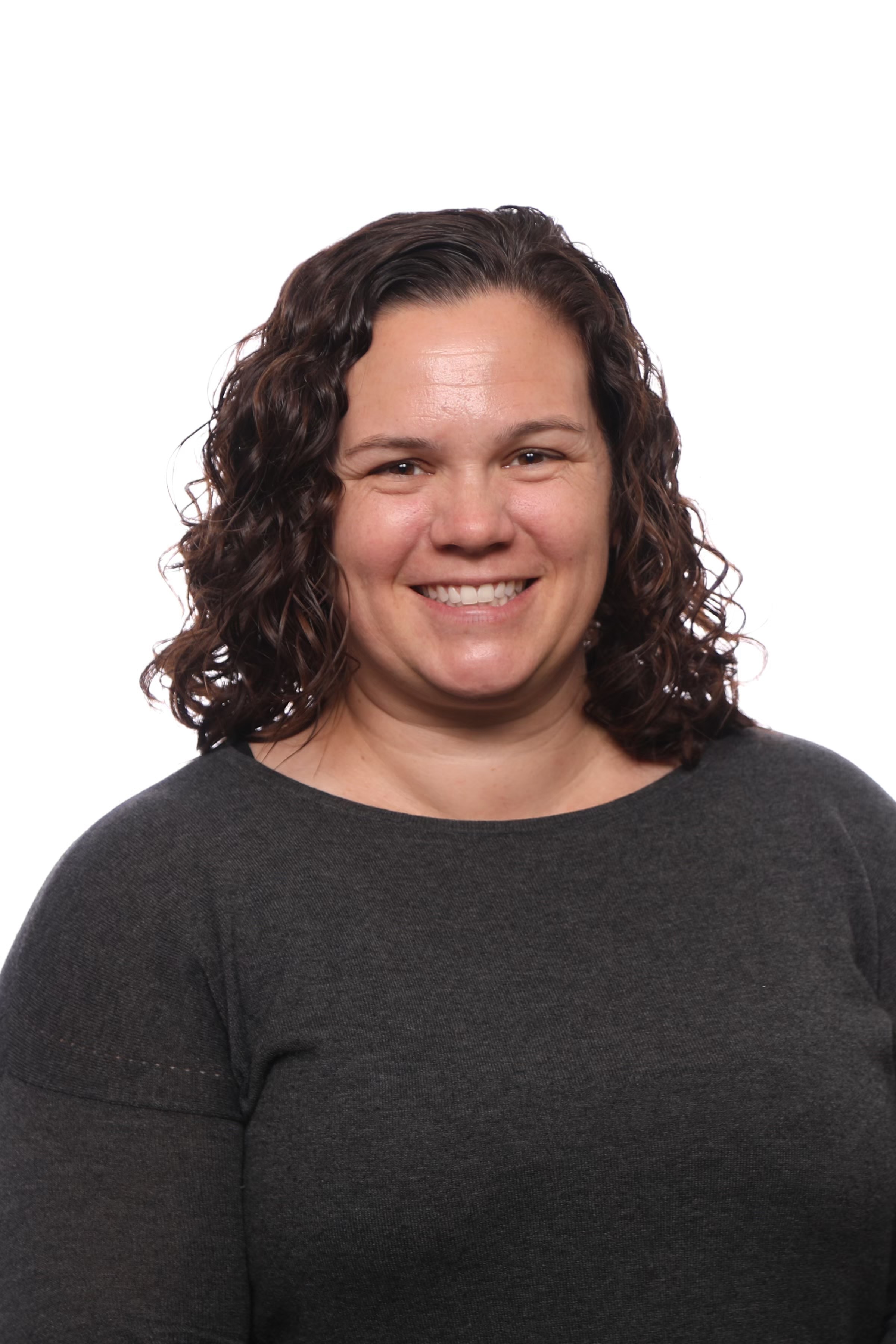Tomatoes, teamwork and transformation: How food science alumna cultivates ketchup quality
When most people think of food science, they imagine chefs in test kitchens or technicians in labs, but for Ashley Maners—an Indiana native and Purdue University alumna—food science is the foundation for redefining how the food industry thinks about safety, quality and innovation.
Discovering a recipe for purpose
Maners started her academic journey attending college in Michigan, transferring to Purdue for her sophomore year. She had long enjoyed science, particularly chemistry and biochemistry. But it was at Purdue where she discovered food science, and it became clear this was the perfect intersection of her interests and talents.
This field combined all the things that I love—science, cooking, baking and problem-solving—and I could actually build a career out of it.” - Ashley Maners
 Headshot provided by Ashley Maners
Headshot provided by Ashley Maners One of the most defining aspects of Maners’s time at Purdue was the tight-knit community within the Department of Food Science.
“Having the food science building and classes with the same peers—it felt like a small community,” Maners explained. “Some of my best memories are sitting in the food science building and working on homework together as a team.”
That sense of collaboration stuck with her, even as she moved into industry post-graduation.
From the production floor to corporate strategy
Maners got her first taste of the food industry during a summer internship at McCormick and Company, where she worked on the production line and spent a short rotation in the quality assurance lab.
“That experience introduced me to what food science translates into once you enter the real-world and what I was going to be doing on a day-to-day basis,” said Maners.
Later, she interned at PepsiCo’s Gatorade facility in Indianapolis, where she transitioned into a full-time role as a night-shift quality supervisor post-graduation. Working on everything from sanitation to innovation trials, Maners began to see the connection between plant-level operations and corporate decision-making.
“I worked on the preparation trials because the PepsiCo headquarters would use the Indy plant,” recalled Maners. “Being their liaison between operations and corporate, I started thinking about going a more corporate research route, which led me to Red Gold.”
The Purdue-Red Gold connection
In 2010, Maners joined Red Gold, a family-owned Indiana-based company that’s nationally recognized for its tomato products. She began in the product development department, completing benchtop formulations and lab scale work, then gradually transitioned into her current role as Senior Manager of Corporate Quality.
Her responsibilities are extensive: managing thermal processes, studying spoilage organisms, collaborating with product development on preservative research and training sanitation team across multiple facilities. With few FDA guidelines for high-acid products like ketchup, much of the responsibility for defining best practices falls on her team, requiring in-depth research and strong industry partnerships.
This is where her experience at Purdue has made its greatest impact.
Purdue helped launched us forward. We have a very good working relationship with Purdue Food Science Extension, and have contracted their team many times. They’ve taught us how to learn about our products—teaching us what questions to ask, what we should be looking for and how we should be working through these projects.” - Maners
Maners credits her long-standing collaboration with Amanda Deering, associate professor of produce food safety in the food science department, along with the Food Entrepreneurship and Manufacturing Institute (FEMI), for helping shift Red Gold’s quality assurance model from reactive to proactive.
“When you work with third party labs, they’ll do exactly what you tell them to do, but they don’t offer you interpretation or guidance,” noted Maners. “With Purdue, it’s different. They look at our results and help us ask better questions to actually improve.”
TurNing spoilage into strategy
One of the most impactful collaborations with Purdue started with a mystery: strange white globs appearing in ketchup.
“We’d been fighting spoilage numbers in our ketchup products for years, and we kept seeing this complaint about white globs growing in our ketchup,” explained Maners. “Through Amanda Deering’s ability to conduct DNA sequencing and evaluate these colonies taught us that our problem was actually lactic acid bacteria and those white globs manifest when lactic grows.”
Armed with this knowledge, Red Gold invested in its own polymerase chain reaction (PCR) machine and developed a custom DNA sequencing kit, allowing them to detect spoilage organisms within 72 hours instead of waiting weeks for signs to appear in storage.
“We’ve gone from quality control, where we’re reacting to problems, to quality assurance, where we can predict when problems may occur and mitigate them in real time,” explained Maners.
Since working with Purdue and implementing these tools, Red Gold’s spoilage rates have dropped significantly.
Shaping tomorrow’s food scientists
In addition to leading quality projects, Maners manages Red Gold’s internship program on the quality side. She remains involved in mentoring the next generation of food scientists, often returning to campus for recruiting events like food science’s student professional development days and Industrial Associates. Purdue Food Science's Industrial Associates program directly links industry to curriculum development and mentorship of students within the department. Maners has also led seminars to share her career journey, offer industry insights and remain connected to the Purdue community.
“A lot of students think they’re going to be testing products every 30 minutes on the line, but that’s not what an internship at corporate quality would look like—it’s so much more. They get to do really cool research projects that benefit our plants,” explained Maners.
As the food industry becomes more complex, with increased ingredient variability, changing regulations and rising consumer expectations, Maners focuses on fostering innovation in-house and continuing to develop a brand that prioritizes quality assurance over quality control, with collaborations from Purdue remaining a cornerstone of her strategy.
Being able to build systems robust enough to withstand changes as they occur is my vision of success.” - Maners
More information about FEMI can be found on the College of Agriculture’s website.






